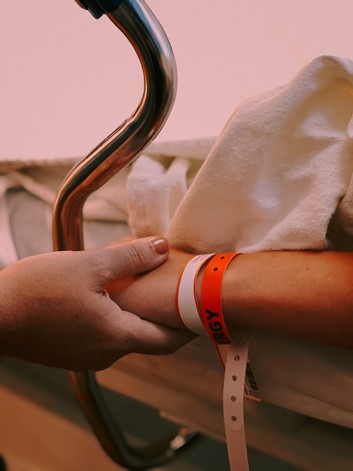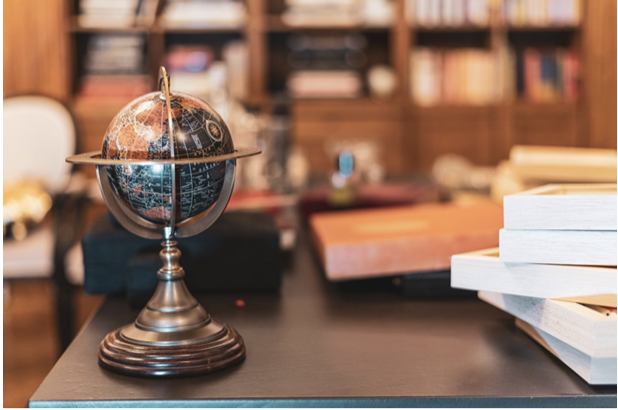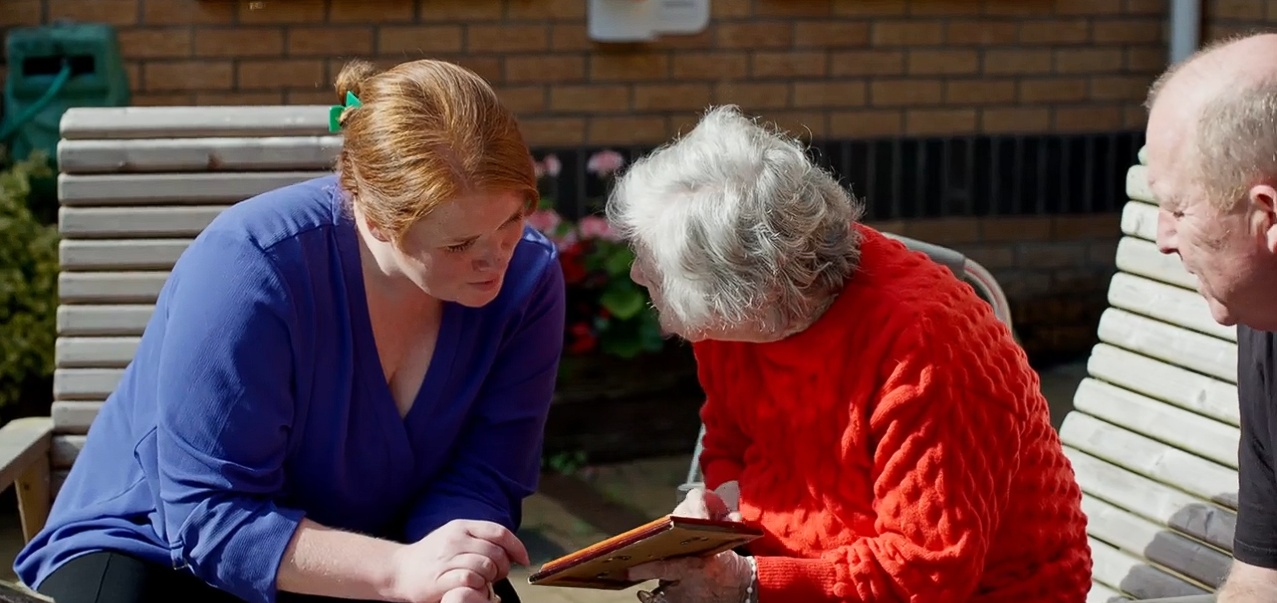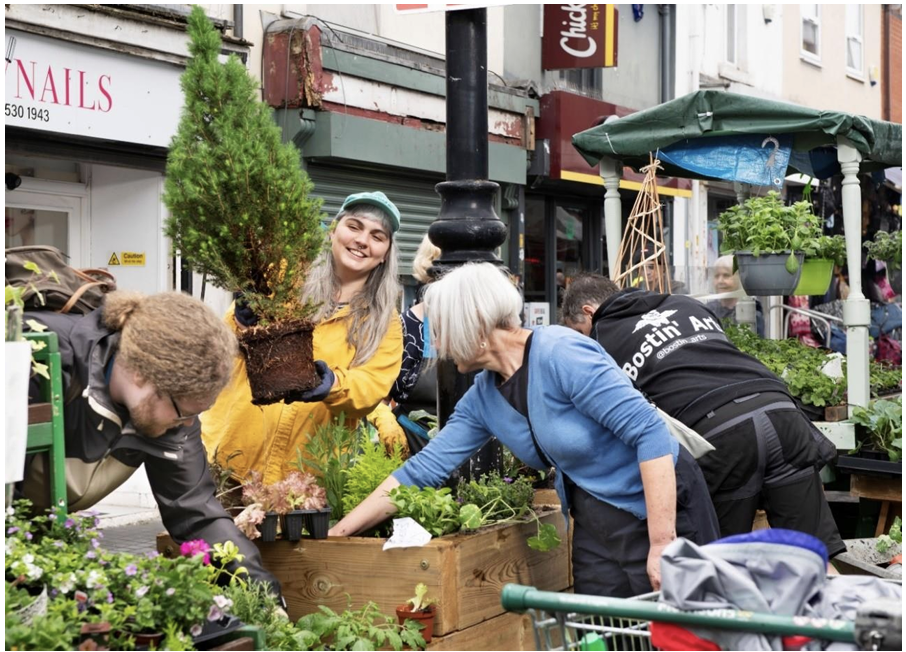
-
Source
"We do this in a different way than you do" (Germany)
A 16-year-old boy from a Muslim family with Turkish background living in Germany was diagnosed with osteosarcoma, a severe bone cancer with no options for curative care. The physicians’ intention to inform the boy of his condition was met with strong opposition by the family. They explained that, according to their religion and culture, the patient must not receive this information. For the team of health professionals in the paediatric oncology department, this was an unbearable situation; telling the truth to a nearly adult patient and respecting the individual’s right to know were essential elements of the health professionals’ ethos. The family’s staunch resistance to informing the patient about his diagnosis and imminent death was thus perceived as “unacceptable”, and yet all attempts by the physicians and other members of the professional team, including nurses and social workers, to convince the family were rejected. Tension and distrust between health professionals and the family grew.
In an effort to mediate the conflict, a medical anthropologist asked physicians and other informants of Turkish Muslim background for their opinion on this case. A Turkish physician, who had worked in Germany for more than 20 years, replied with absolute clarity: “We do this in a different way than you do,” he said. The physician went on to describe the surprising opinion that the family was “right”, that patients should not get to know the hard truth directly.
Moreover, he drew a clear line between the “Turkish” and the “German” way to tell the truth: “German physicians inform the patients directly, with no compassion or sensibility, cold and tough. I have seen German physicians traumatizing patients and making them feel hopeless. We are used to doing it in a different way: the patient has to know the truth, but we communicate this in a more sensitive way, supporting and caring for him, with religious counselling. For us, supporting and taking care of the ill and the dying individual is most important.”
After sharing and discussing this perception with the health professionals, the task of truth disclosure was commissioned to a local Turkish paediatrician. The tension between staff and family decreased considerably. A few weeks later, the boy was discharged from the hospital to palliative care at home.




